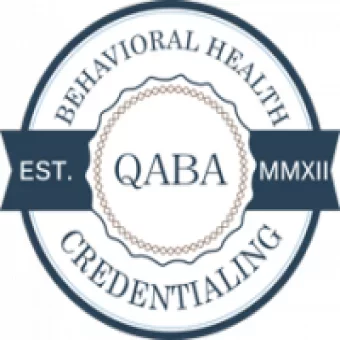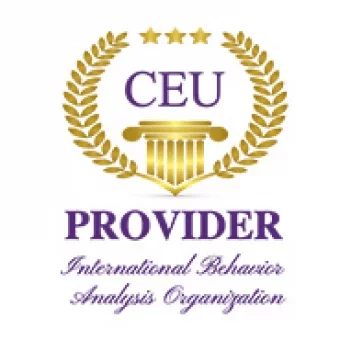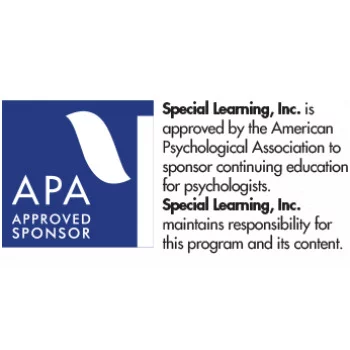
CEU: Psychopharmacology - Module 4: PsyPharm & Mood Disorders
You could be the first person to provide your opinion.
Purchase now & provide your feedback on this product and receive a $25 store credit!
BCBA CEUs: 2 BCBA General
QABA CEUs: 2 General
IBAO CEUs: 2 General
APA/CESA: 2 General (Home Study)
Description: In our webinar on Psychopharmacology and Mood Disorders, we focused on evidence-based assessment, diagnosis, and treatment of several different forms of anxiety, depression, and mood disorders that impact children, emphasizing behavioral, environmental, educational, parental, and psychopharmacological strategies. We discussed separation anxiety, phobias, social anxiety, general anxiety, and panic disorders, as well as depression and bipolar disorders, including the assessment, diagnosis, and treatment strategies. We also discussed and dispel myths surrounding these disorders and discuss the negative outcomes if a child is left untreated. We also explored how mood disorders are often diagnosed along with other disorders, including learning disabilities, ASD, ADHD, and other health concerns (i.e., asthma, diabetes, and trauma)
Presenters: Dr. Ronald T. Brown and Dr. Debbie Coehlo
Panelist: Manya Ralkowski, EdS, BCBA, LBA, IBA
Learning Objectives:
1. Recognize specific target behaviors associated with the diagnosis of the different forms of anxiety, depression, and bipolar disorders.
2. Explore and discuss the most effective and evidence-based behavior and counseling strategies that are seen throughout various developmental stages of treatment for anxiety, depression, and bipolar disorders.
3. Evaluate environmental factors that may interfere with positive function in a child with anxiety, depression, and bipolar disorders.
4. Identify classes of psychotropic agents that have demonstrated effectiveness in the treatment of anxiety, depression, and bipolar disorders.
5. Discuss common medications used in the treatment of anxiety, depression, and bipolar disorders, including the indication, mechanism of action, adverse and side effects, and monitoring criteria.
6. Apply knowledge to specific case studies including assessment, diagnosis, treatment, and evaluation of outcomes.
7. Analyze ethical issues arising during the treatment of a child with anxiety, depression, or bipolar disorders, and their families.
TIMELINE: This course, on its own has a license for active use for 30 days unless it is purchased as part of a bundle/library.
MANDATORY DISCLAIMER: The Behavior Analyst Certification Board (“BACB”) does not sponsor, approve, or endorse Special Learning, the materials, information, or sessions identified herein.
NOTE: CEs claimed on any training completed can only be claimed once. If you repeat training you’ve already claimed CEs on, you won’t be able to claim the CEs again. Please ensure you have not already completed and claimed the CEs for the training module before purchase. Want to customize your training? You can build your own CE library HERE. For cancellations and refunds, please see our return policy.




No reviews yet!
For adding a review for this product you need to purchase current product and be authorized.


